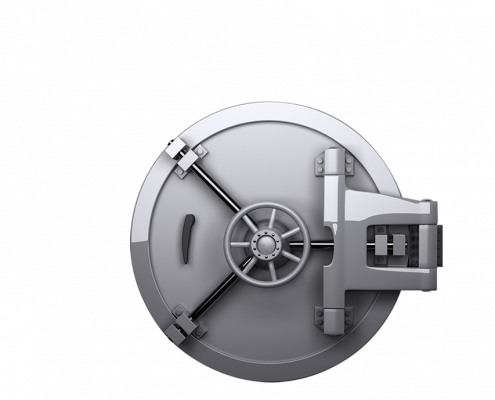Why Email Encryption and Email Archiving Are Better Together
When it comes to email encryption and email archiving, one is great–but both are best. Both encryption and archiving have their place in any security-conscious organization. Let’s look at why both are necessary and how these strategies can work together.
Why Email Encryption?
Email encryption scrambles a sent email and converts it into an unreadable or indecipherable format. If emails are not encrypted prior to sending, they are at risk of attack by bad actors–both on their respective servers and en route. Sensitive data is especially at risk, and many regulations, such as the EU GDPR require email encryption. Libraesva‘s ESG end-to-end encryption begins transparently on the gateway and ensures your encrypted emails are only readable by the intended recipient. To ensure both an email’s subject line and its body content remain secure during transmission, SSL/TLS encryption should be applied at transport level.
Why Email Archiving?
Email archiving is also crucial. Every day, business-critical emails are sent to and from organizations across the globe. An email archiving solution allows these emails to be stored on a long-term basis without altering their content. Archiving emails ensures data is easily searchable and retrievable if needed for legal, compliance, security, or other purposes. In addition, email archiving helps free up space in employees’ inboxes while also preventing sensitive data loss.
Why Both are Best
Libraesva Email Archiver provides email encryption (AES256) as part of the archiving process, allowing you to combine both email archiving and encryption into your security and compliance policies. For additional encryption needs, Libraesva’s ESG solution provides a wide range of encryption options, policies, and standards.
When email encryption and archiving are combined, your organization is well on its way to building a comprehensive email security and compliance strategy.
Learn more about Libraesva’s email archiving and security solutions.

